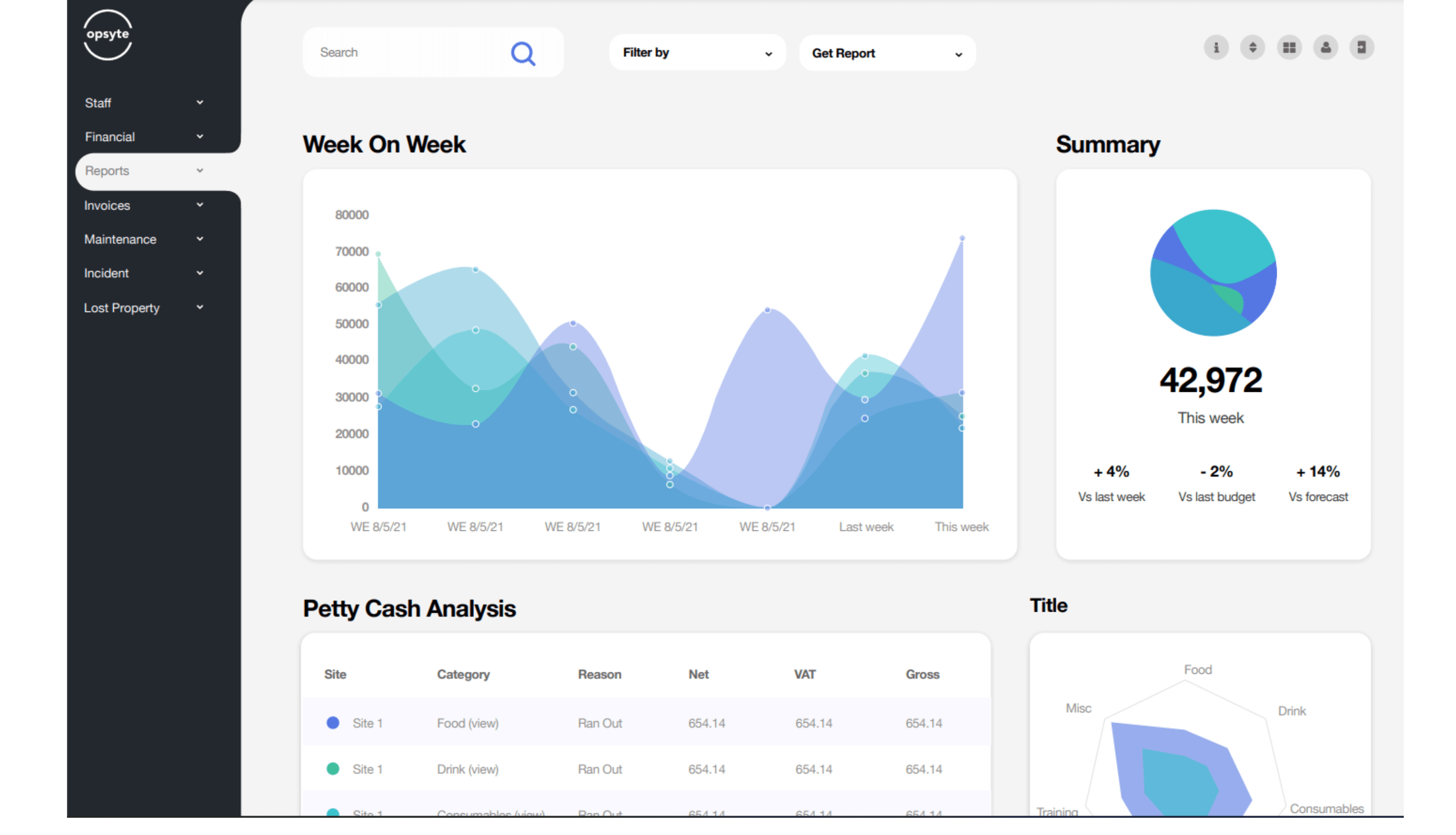In the ever-evolving hospitality industry, mobile apps have become essential tools for enhancing customer experience, streamlining operations, and driving growth. From managing reservations to building long-lasting guest relationships through loyalty programmes, mobile solutions are reshaping how hotels, restaurants, and other hospitality businesses engage with their customers. In this blog, we’ll explore the key features of mobile app solutions tailored for the hospitality industry, with a particular focus on reservations, loyalty programs, and guest engagement.
Streamlining Reservations with Mobile Apps
Managing reservations efficiently is one of the cornerstones of running a successful hospitality business. Whether you're running a hotel, a restaurant, or an event space, a seamless reservation system is crucial to minimise overbooking, ensure optimal occupancy, and offer a great customer experience.
Mobile app solutions for reservations make it easy for guests to book a table or room directly from their smartphones, reducing the reliance on phone calls or emails. These apps not only save time but also offer enhanced features such as:
- Real-time Availability: Guests can view real-time availability, making it easier for them to find the perfect time or room. This reduces the likelihood of disappointment and increases booking conversions.
- Booking Confirmation and Reminders: Automated confirmations and reminders help reduce no-shows and allow guests to make last-minute changes with ease.
- Customisation Options: Guests can request special preferences, such as room type or dining arrangements, during the booking process, helping to tailor the experience to their specific needs.
By integrating a mobile reservation system, businesses can offer greater flexibility to customers, improve operational efficiency, and increase bookings without the added stress of managing reservations manually.
Building Customer Loyalty with Mobile App Solutions
Loyalty programs are a key driver of customer retention in the hospitality industry. Encouraging repeat visits or stays can be significantly more cost-effective than acquiring new customers. Mobile apps offer an excellent platform for creating and managing loyalty programs, offering a seamless and interactive way for customers to engage with your business.
Loyalty features in mobile apps can include:
- Point-based Systems: Customers earn points for every booking, meal, or service they use, which can later be redeemed for discounts, upgrades, or free services. These points can be tracked easily via the app, making the process more transparent and accessible.
- Tiered Rewards: Mobile apps can offer tiered loyalty programmes, where guests move up in status based on their spending or visits. Higher tiers could unlock exclusive offers, early check-in, room upgrades, or VIP experiences.
- Personalised Offers: A well-designed app can track guest preferences and purchase history, allowing businesses to send tailored promotions or rewards. For example, a guest who frequently orders wine could receive a special offer on their favourite bottle when they visit again.
By integrating a loyalty programme within a mobile app, hospitality businesses can boost repeat bookings, strengthen brand loyalty, and create a more personalised experience for guests.
Enhancing Guest Engagement through Mobile Apps
Guest engagement is at the heart of any successful hospitality business. Creating a memorable experience goes beyond providing excellent service—it involves building a relationship that encourages repeat visits and word-of-mouth recommendations. Mobile apps can play a pivotal role in improving guest engagement by offering easy communication, tailored recommendations, and convenient services.
Guest engagement features in mobile apps may include:
- In-app Messaging: Direct communication between guests and staff is crucial for providing prompt service. Mobile apps can offer a messaging feature that allows guests to easily request services, such as room cleaning, food delivery, or booking additional activities, without needing to call the front desk.
- Personalised Recommendations: By gathering data on guest preferences, mobile apps can provide tailored recommendations for services, restaurants, events, or local attractions. This personalised touch enhances the guest experience and encourages them to spend more during their visit.
- Push Notifications: Mobile apps can send timely push notifications to guests, reminding them of their upcoming reservation, offering special promotions, or suggesting experiences based on their interests. This keeps the business top of mind and ensures that guests feel valued throughout their stay.
With the right app, businesses can create a truly personalised experience that delights guests and fosters engagement long after they leave.
Integrating Multiple Functions for a Unified Guest Experience
One of the most powerful aspects of mobile apps is the ability to integrate multiple functions into one platform. Guests increasingly expect convenience and simplicity when it comes to booking, loyalty, and engaging with your business. By combining reservation systems, loyalty programmes, and guest engagement features into one unified mobile app, businesses can offer a seamless and cohesive experience that meets guests’ needs at every touchpoint.
Key benefits of integrating multiple features in one app include:
- Convenience: Guests can book, earn rewards, and engage with the business all in one place, making their experience more streamlined and user-friendly.
- Consistency: A single app ensures that customers receive consistent information, promotions, and support, regardless of which feature they are using.
- Increased Data Insights: By integrating various functions, businesses can gain more insights into customer behaviour, preferences, and purchasing patterns. This data can then be used to enhance service delivery, offer personalised promotions, and fine-tune marketing strategies.
An integrated app solution allows businesses to meet guests’ expectations, create an all-encompassing experience, and maximise opportunities for engagement and revenue.
The Role of Mobile Apps in Contactless Service
In the post-pandemic world, contactless service has become a key priority for many guests. Mobile apps can offer a safe and efficient way for guests to engage with your business while minimising physical contact. Whether it's checking in or placing an order, the ability to complete tasks via a mobile device adds an extra layer of convenience and safety.
Contactless features in mobile apps might include:
- Self Check-in and Check-out: Hotels and other accommodations can allow guests to check in and check out via the app, reducing wait times at the front desk and providing a smoother arrival and departure experience.
- Mobile Ordering: Restaurants can enable guests to place orders directly from their phones, either for dining in or for takeaway. This not only reduces queues but also limits the need for paper menus or physical menus, offering a safer and more hygienic option.
- Digital Key Access: Hotels can use mobile apps to enable guests to access their rooms using a digital key, eliminating the need for physical room keys or keycards.
These contactless features improve safety, reduce friction, and provide a modern, tech-savvy experience that appeals to today’s guests.
Conclusion
The hospitality industry is rapidly embracing mobile app solutions to enhance guest experiences and optimise operations. Whether you’re managing reservations, building a loyalty programme, or fostering engagement, mobile apps offer an array of powerful tools to elevate your business. The ability to provide a personalised, seamless, and convenient experience is no longer a luxury but a necessity.
By leveraging the right mobile app solutions, hospitality businesses can not only improve efficiency but also foster long-term customer loyalty, drive revenue, and create memorable experiences for guests. As the industry continues to evolve, investing in a robust mobile app platform will be crucial in staying competitive and meeting the ever-growing expectations of tech-savvy customers.


